From Counter-Strike 1.6 pro to DreamHack COO, the rise of Anna Nordlander
When aNNa started in esports, there was no money. Players slept on the floor. Today she helps run multimillion dollar tournaments.
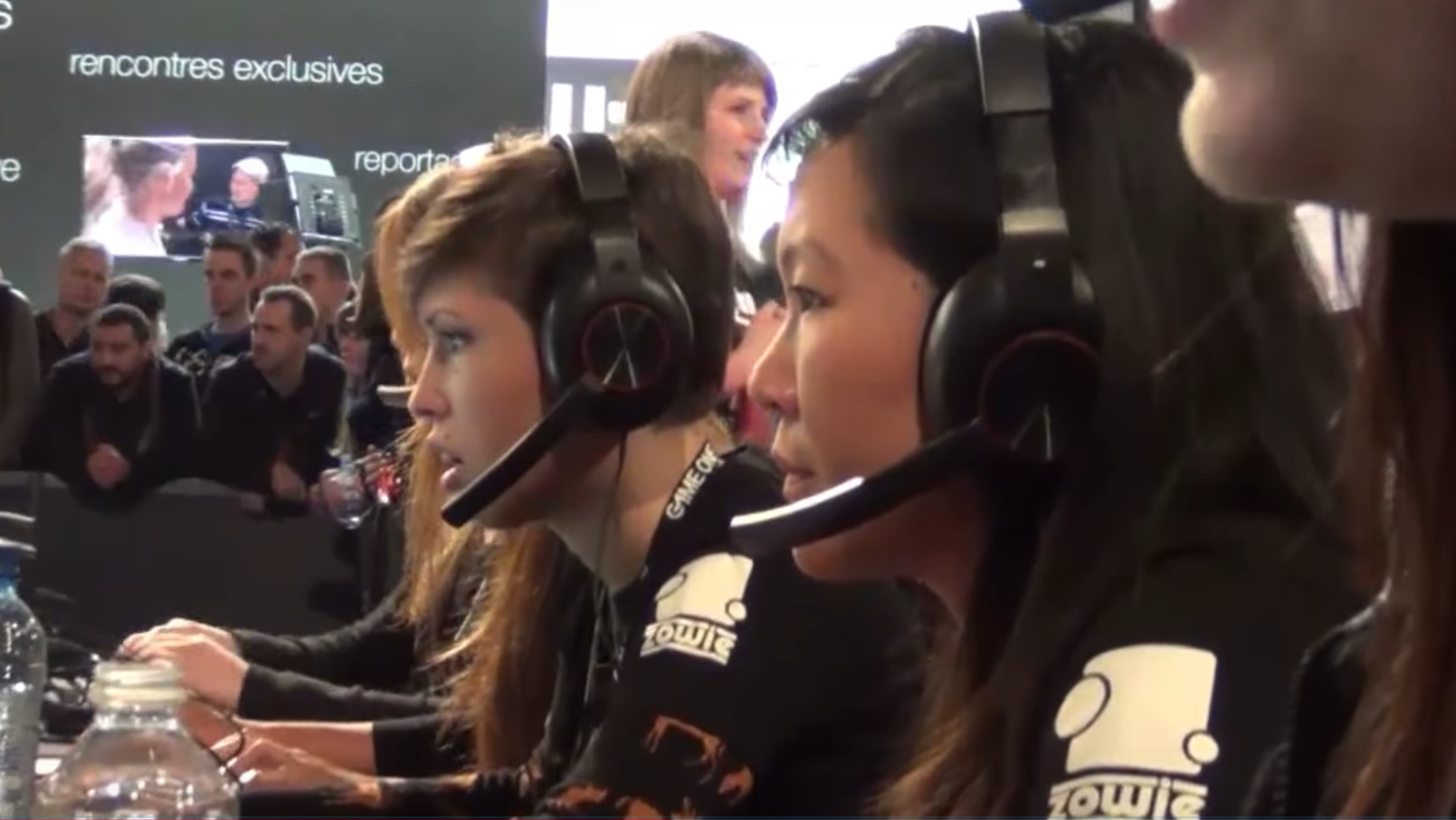
Anna Nordlander started competing in Counter-Strike in 2003. Now she's the chief operating officer at DreamHack, the international esports company that started the event that changed her life.
You slept on the floor and the prize pool was next to nothing.
Anna Nordlander
A lot has changed in the years since Nordlander's first tournament. Instead of Counter-Strike 1.6, esports teams are playing Counter-Strike: Global Offensive. Okay, that's not actually a big change—but with massive games like Fortnite and League of Legends and Dota 2 pushing esports forward, players are now competing for millions of dollars on massive stages, streamed to fans all over the world. And that is a different world than the one Anna Nordlander stepped into in 2002.
Back then, Nordlander spent all her free-time on Battle.net, struggling to keep her 36K modem signed onto the internet, battling off phone calls from unaware friends and family. "After living my days on Battle.net—chatting and playing with new people—there was no turning back. When I was 13 my brother introduced me to Counter-Strike and this was different and addictive in another way," she says.
She joined her classmates playing Counter-Strike—mostly teenage boys—before they started organizing LAN events and competing as a team.
"Being a girl was not a problem when I played with my classmates or other people I already knew, but online it was a different story," Nordlander says. Esports wasn’t as professional or mainstream back in the early 2000s. Tournaments weren’t being played in large arenas. There was little money involved. "You would often pay the travel yourself, or force your parents to drive you to a LAN in a small town somewhere far away. You slept on the floor and the prize pool was next to nothing."
But there was DreamHack. DreamHack has been running for 25 years; it started in a Swedish school cafeteria in 1994. It operated first as a LAN party and grew from there, with tournaments and partnerships. More than anything else, it was a way for players spread across the country—and later, the world—to get together. Especially as a woman playing competitively, that was a big deal.
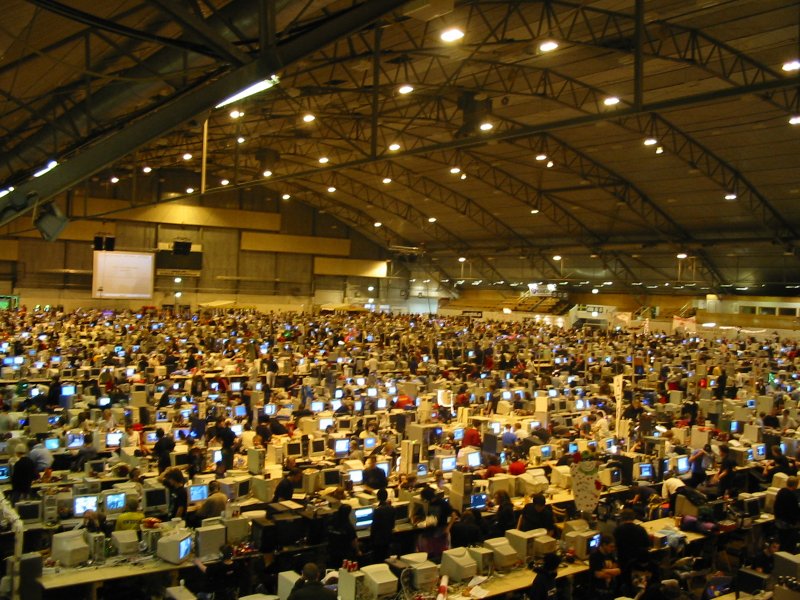
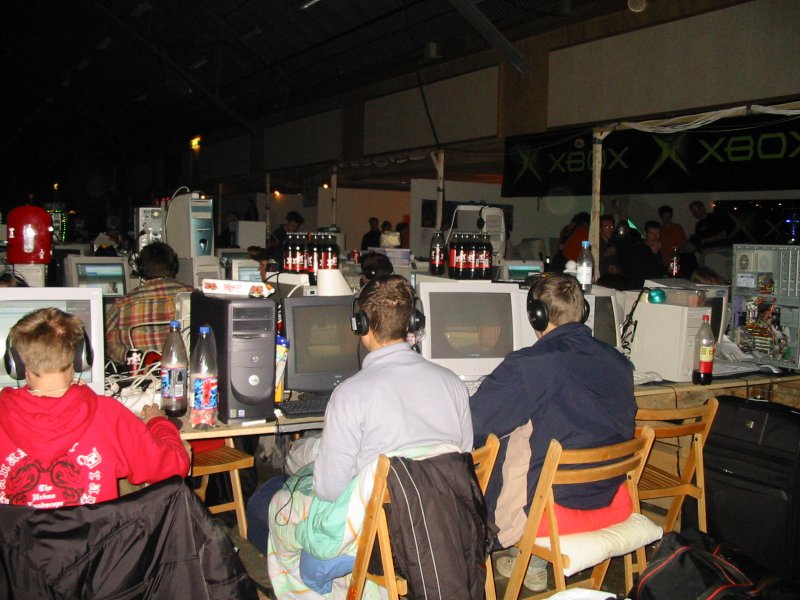
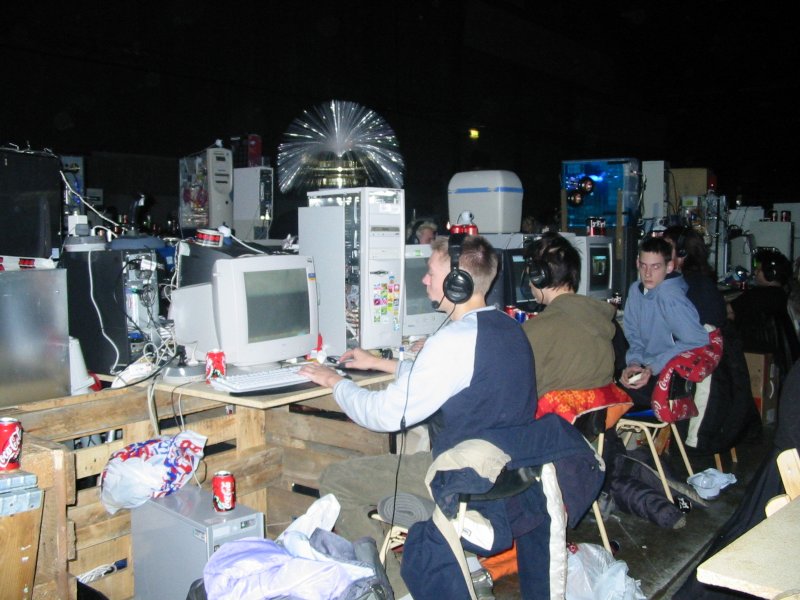
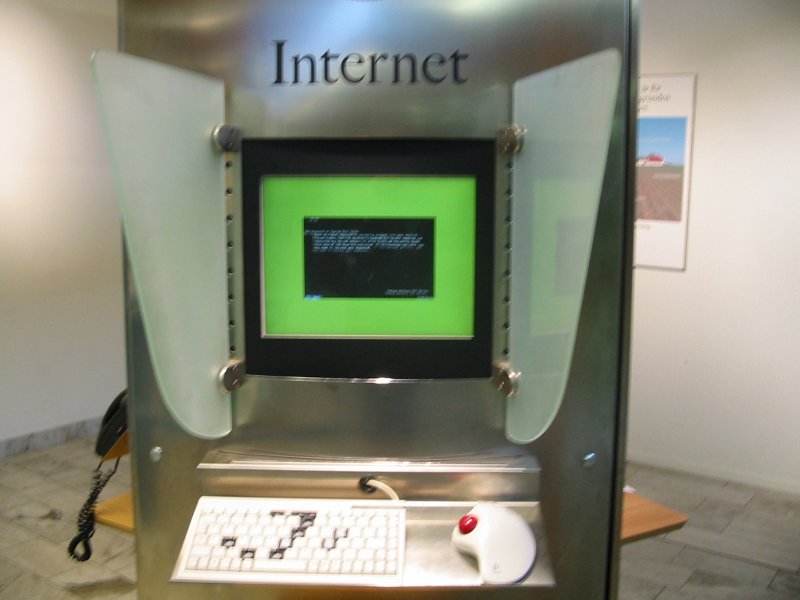
"I was there for joining an all-female clan and in 2002, we attended our first DreamHack," she says. "DreamHack was like nothing I ever experienced before. It really was the promised land, and meeting everyone I had been playing with for so long is something that was really special.”
Keep up to date with the most important stories and the best deals, as picked by the PC Gamer team.
Despite the lack of mainstream support for esports back then, the little communities built around these events were intimate, personal. Social media wasn’t a huge part of our lives. We didn’t livestream. Making connections was different, and finally meeting face-to-face was, too.
"I’ll always cherish the golden age of World of Warcraft, Nordlander says. "When we did shoutouts at BlizzCon 2008, [where] people could challenge us in WoW Arena, a lot of people would be very confident coming up to us, telling us ‘I’m from BG9, watch out.’ We didn’t drop a single game over two days and in the end, we had to give away all the prizes that people were supposed to win." (Back in the day, battlegrounds in WoW Arena were sectioned off into battle groups so that different realms could battle each other—BG9, also called US-Bloodlust, was considered one of the most competitive of the time.)
Nordlander said the industry has grown dramatically since then, but the past five years have shown the most drastic changes. "Fortnite has been going more mainstream. I’ve seen grandmas flossing, and Drake, Zlatan and other more traditional celebrities playing and praising the game.
Long before arenas entered @Warcraft, we at Stormscale had our own tournaments in Dire Maul Arena😍 pic.twitter.com/7WTa0JvkBdMay 25, 2019
From CS:GO to COO
I’m not afraid of going after something I want—even though everyone tells you it can’t be done.
Anna Nordlander
Now, retired from the competitive life, Nordlander has her hands in everything esports. As the COO of DreamHack, she's always on the move. It feels like there’s a new DreamHack event every week: DreamHack Summer 2019 was in June, then Valencia in July, Montreal in September.
From there, it’s onto Rotterdam, Atlanta, Jönköping, and Sevilla. Sometimes she’s rolling cables to support the massive technical infrastructure necessarily in putting on events of this size. Other times she’s grabbing coffee to keep members of the team running. A lot of the time, she’s meeting with various industry people at events, and just keeping a general eye on things.
"I really like to be hands-on and to learn new things," Nordlander told me shortly after DreamHack Dallas in early June. "It’s exciting to see how many interesting people are coming out to our events."
The role of the COO is, naturally, in operations—coordinating departments, managing staff, and setting processes. Nordlander says the way she played games competitively helped prepare her for the job. "I think that optimizing workflows and processes to make them more efficient is something I’ve always enjoyed, but maybe in different forms. Already in the early Super Mario days, I used to play the same level over and over to perfect it."
Nordlander began working with DreamHack unofficially in 2008 and 2009, organizing World of Warcraft events and covering the event for a Swedish national television channel called SVT, both behind and in front of the camera. At the same time she was working on three degrees at KTH Royal Institute of Technology in Stockholm: a Bachelor of Science in interactive media, a Master of Science in human-computer interaction, and a Master of Engineering in media technology.
After graduating college in 2013, she began working for a Swedish media company's esports division. In 2015, that company acquired DreamHack, as well as a large part of esports tournament organizer Turtle Entertainment, which operates ESL.
Within two and a half years, she made her way from DreamHack product manager to marketing, where she built the festival series’ marketing department from scratch, to the job of COO.
"I have honestly loved every minute of it, especially building my own team," Nordlander says. "I sometimes can’t believe I get to work with something I’m so passionate about, and, on top of that, at the company who opened my eyes to a whole new world back in 2002."
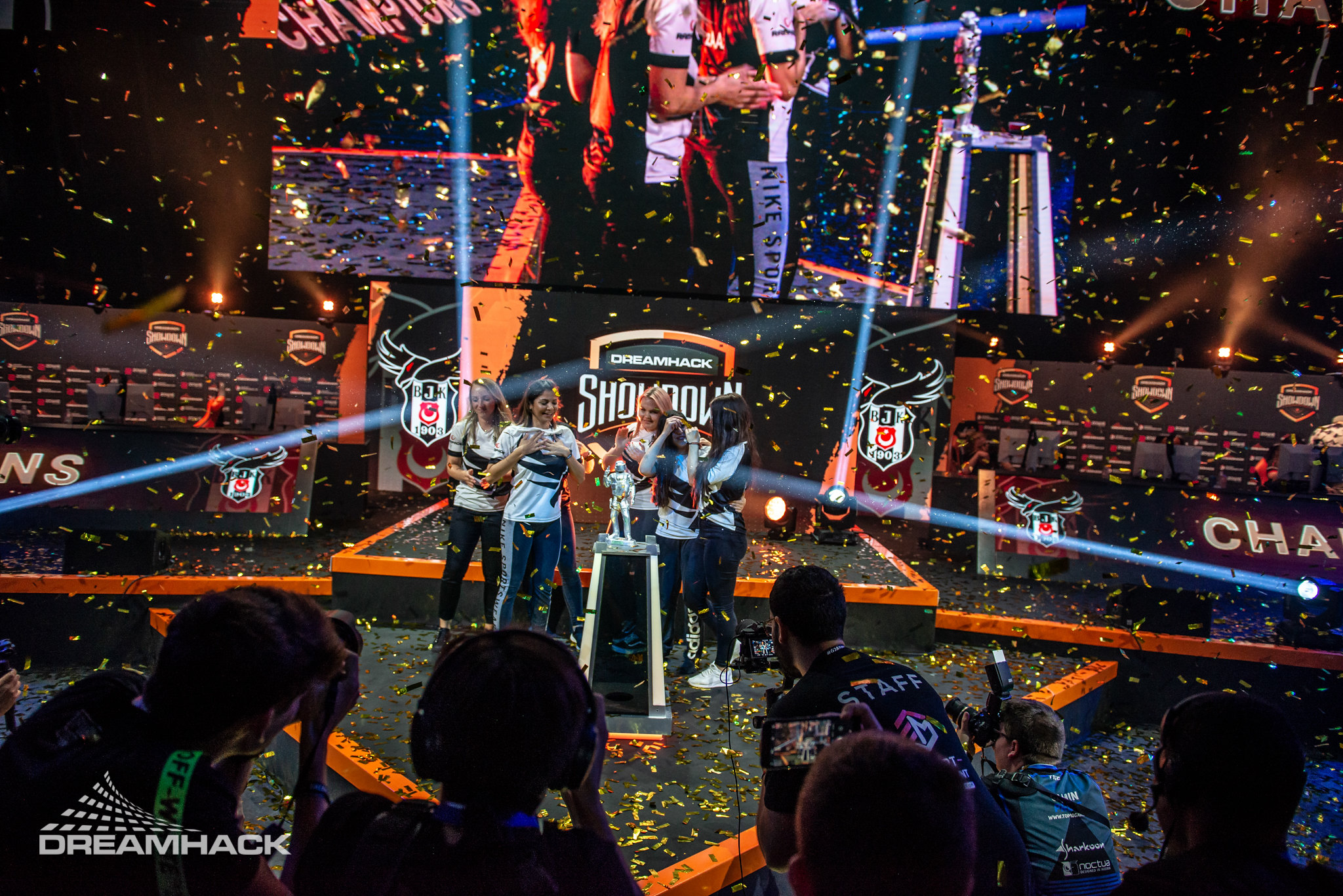
Though DreamHack is an international event, it was born in Sweden. It’s where Nordlander was introduced to competitive esports. Sweden has a rich history in Counter-Strike; at the time of writing, Swedish players are ranked number two in the world for earnings in Counter-Strike: Global Offensive, second only to Denmark. (Sweden is ranked at number one in Counter-Strike.) This is, of course, thanks in part to the country-wide infrastructure built up by DreamHack. Even at the start of esports integration in the country—when players were sleeping on the floor and winning little-to-no money—there were still compelling events that encouraged fans to compete.
Nordlander says one of her favorite moments with DreamHack was a culmination of those things—her Swedish nationality and work in the esports industry. Her first project with DreamHack was DreamHack Masters Malmö 2016, and the first DreamHack event as part of the DreamHack Masters, a new series.
The event was a culmination of months of qualifications, not the mention the work before that behind the scenes. Sixteen teams made it to the live event at the Malmö Arena in Sweden, among them the best of Counter-Strike: Global Offensive: Natus Vincere, EnVyUs, GODSENT, Dignitas, Virtus.pro, and Ninjas in Pyjamas. For the two fully-Swedish teams, Ninjas in Pyjamas and GODSENT, home soil was an advantage—until they had to play each other in the semi-finals. Ninjas in Pyjamas prevailed with a 2-1 score, but then they had to face the Russia/Ukranian team Natus Vincere.
When it came down to it, Ninjas in Pyjamas won.
"Having a Swedish team winning on home soil just made everything so complete, Nordlander says. "I actually shed some tears when the Ninjas entered the stage to a roaring Swedish crowd. It was just so beautiful. We worked so hard to pull off the event, and we couldn’t have wished for a better end."
From here, the rest of Nordlander’s year is busy. Again: Sweden, Spain, Canada, Canada again, Sweden, Netherlands, Georgia, Sweden, and back around to Spain. All of these events are just this year, a schedule that easily demonstrates just how much DreamHack—with the help of Nordlander and the rest of the team—has grown from a school basement in a small Swedish town.
"Being a girl playing games has also taught me to handle the kind of tough environment that can occur in this male-dominated industry, Nordlander says. "I’m not afraid of going after something I want—even though everyone tells you it can’t be done."

